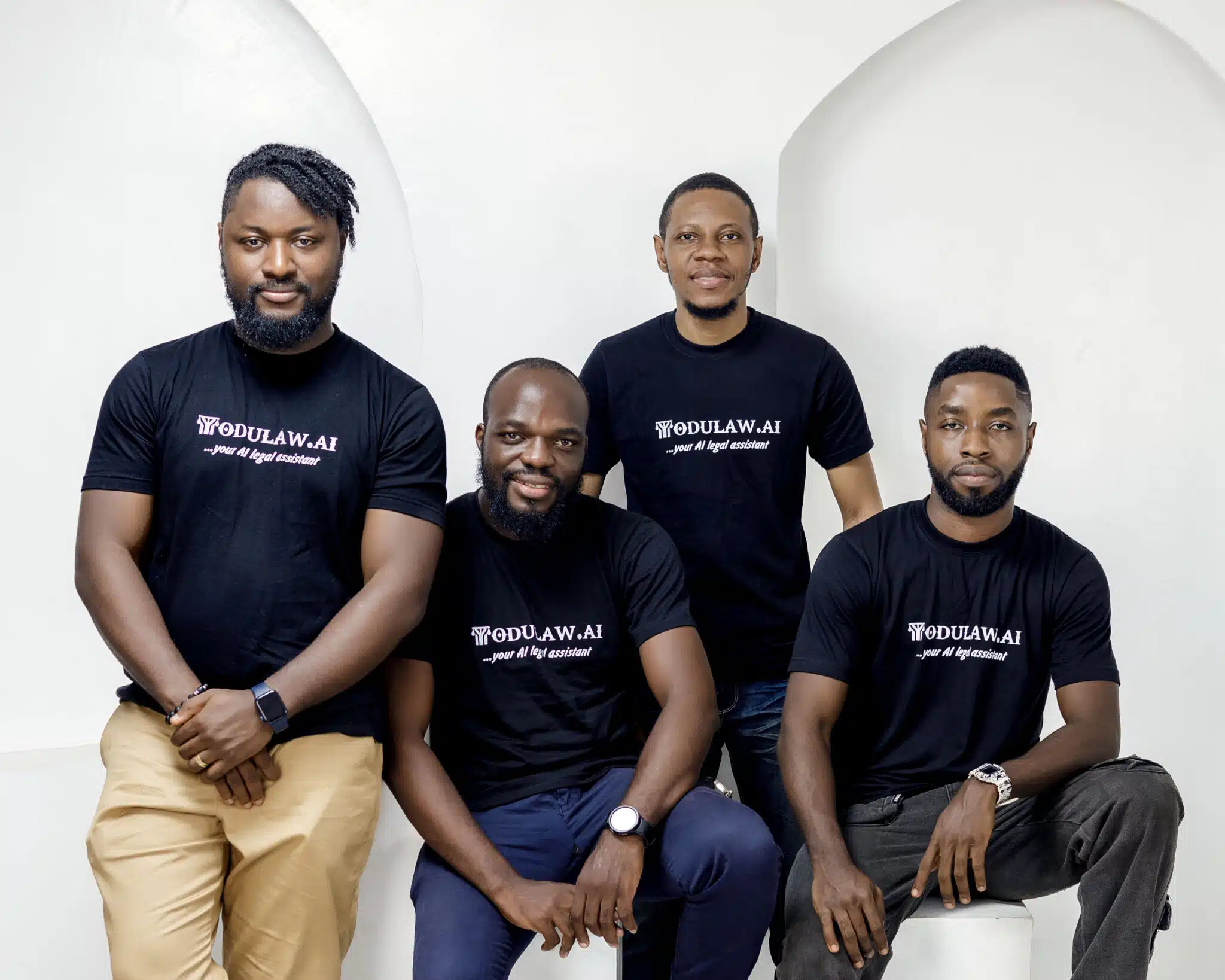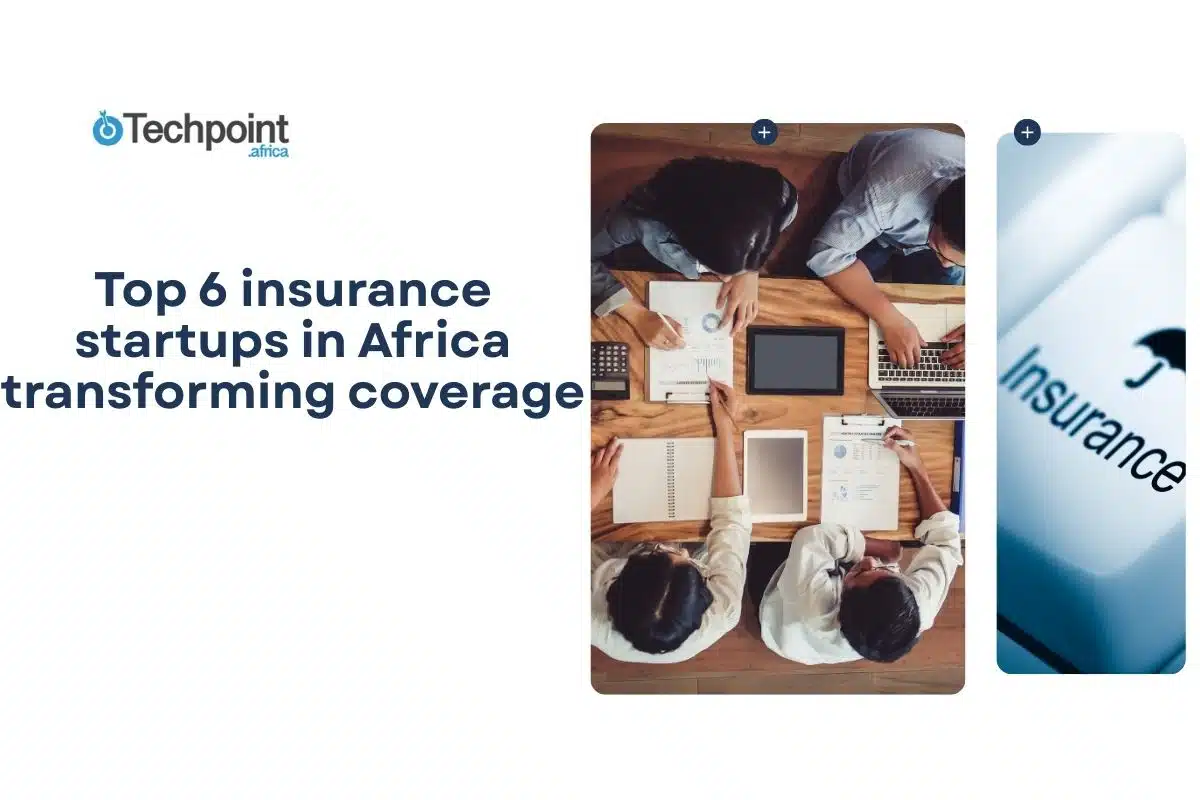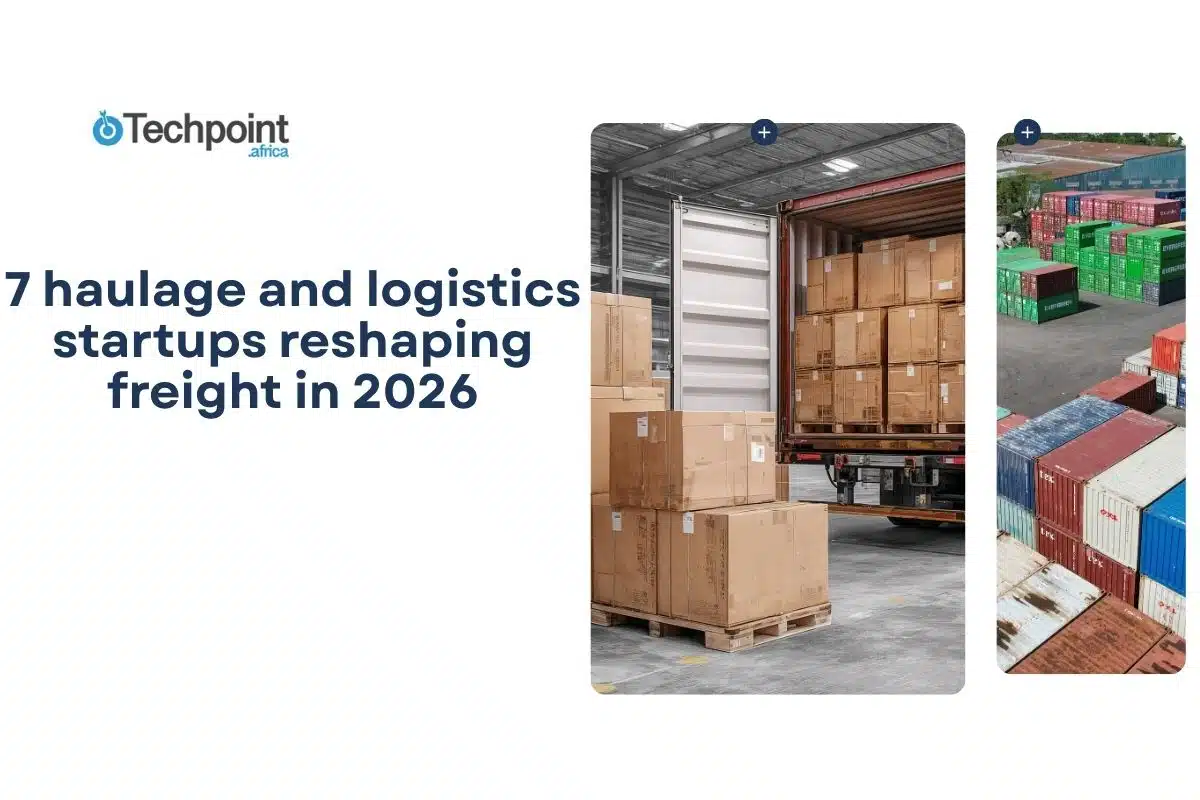Nigeria’s financial market is undergoing what some have called a commercial paper boom. In recent months, companies from Access Bank to Dangote Cement have issued these short-term, unsecured debt instruments with varying degrees of success to meet immediate funding needs.
But one sector notably absent from this trend is the startup space, which makes Payaza’s recent repayment of its Series 1 commercial paper especially noteworthy.
The company raised ₦14.9 billion and repaid it in under six months. Bootstrapped from inception, Payaza provides payments and collections tools for small and medium-sized businesses in Nigeria, and according to CEO Seyi Ebenezer, issuing commercial paper was always part of the plan.
Why commercial paper and not equity?

Unlike most startups that lean heavily on equity financing or traditional debt, Payaza chose commercial paper as a funding instrument for strategic reasons. According to Ebenezer, this choice went beyond a desire to raise capital but was aimed at fostering trust and discipline within the startup.
“In technology today, we talk about speed, artificial intelligence, and innovation. But when it comes to the world of finance, where you handle people’s hard-earned money, then we talk about trust,” he explained in a recent interview with Techpoint Africa.
To prepare for this milestone, the company built strong internal structures early on. For example, they’ve been audited by Deloitte since inception, and Ebenezer says such decisions were designed to appeal to financial stakeholders.
Beyond building trust among financial stakeholders, raising capital through issuing commercial paper was also a move to help the startup foster operational and financial discipline.
“One of the things I’ve observed over time is that debt really fosters discipline. In my banking days, if you started a business with equity, there’s a tendency to become lazy, and there’s a tendency not to manage your costs well.”
Issuing commercial paper is not a quick or easy process, especially for a startup. For Payaza, issuing a commercial paper was part of its five-year plan, leading it to set up robust internal structures. While many startups wait until much later in their journey to get audited, beginning early meant that Payaza was able to spot possible errors and correct them.

Victoria Fakiya – Senior Writer
Techpoint Digest
Make your startup impossible to overlook
Discover the proven system to pitch your startup to the media, and finally get noticed.
Next came the credit rating process, a critical step overseen by Nigeria’s rating agencies such as DataPro, GCR Ratings, and Agusto & Co. These agencies examine a company’s financials, governance, operating environment, and business profile before assigning an investment-grade rating. Only with this rating can a company approach the capital markets.
Structure is the backbone of trust
Twice during our chat, Ebenezer noted that the strength of a startup’s vision is dependent on the structures it builds out, something startups often overlook.
According to him, structure breeds accountability and helps businesses stay on track. But he clarifies that building structure in a business goes beyond setting up a board and begins with the leadership.
His corporate background, where he had stints at KPMG, Access Bank, and Keystone Bank, shaped this philosophy.
“While managing many businesses in my banking days, I discovered that the companies with structure were able to stand the test of time despite their issues, while the companies without structure, which were solely dependent on the decisions of a few people, had a lot of issues.”
Despite recording significant success, startups in Africa have not yet gotten mainstream acceptance from traditional investors.
While there are moves such as Ghana’s decision to have pension funds allocate at least 5% of their assets to private equity and venture capital to improve this, Payaza’s approach with a commercial paper suggests that rather than forcing a change in investor behaviour, meeting traditional investors where they’re at could slowly change perceptions about investing in startups. Payaza’s playbook is not the only one available, and startups can also look to Egypt, where ValU recently listed on the local stock exchange.
The case for homegrown credit rating agencies
On a broader scale, Ebenezer highlighted the need for more African-based credit rating agencies. Currently, international firms dominate, often issuing ratings that don’t fully account for Africa’s unique context.
“Africa has one of the lowest default rates globally,” he said, citing recent reports. “It’s interesting to note that Western Europe has a default rate of about 9.1%, so it’s very important for us to write our stories, and we do this by creating our own credit rating agencies.
While credit rating agencies like Agusto and DataPro have operated for over 20 years, Ebenezer notes that many have their operations restricted to a handful of countries, which limits their influence on a continental level.
However, he adds that supporting them with funding to expand into new countries would be key in ensuring African businesses and countries get fairer ratings. But he adds that achieving this won’t be easy, as navigating multiple regulatory requirements across Africa would be a major challenge.
When asked if other startups should follow Payaza’s commercial paper route, Ebenezer was unequivocal.
“I would definitely want a lot of startups to join this because it could create a lot of financial discipline. When you know you’re running on debt, then you have to be very detailed and do what you’re meant to do properly.”
To make capital markets more attractive to startups, he called for an environment built on trust, transparency, and reliability.
“Once you begin to honour your obligations and you believe that these funds are not yours, then capital keeps chasing you.”











